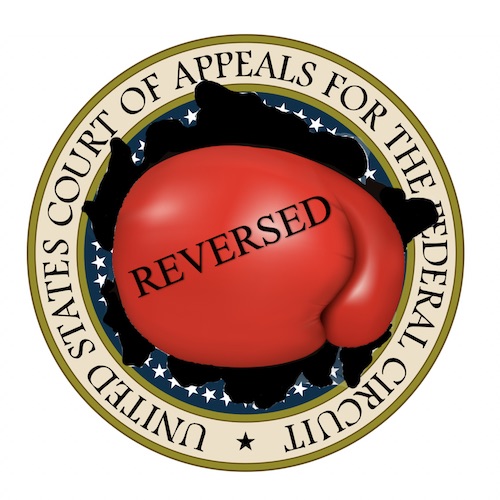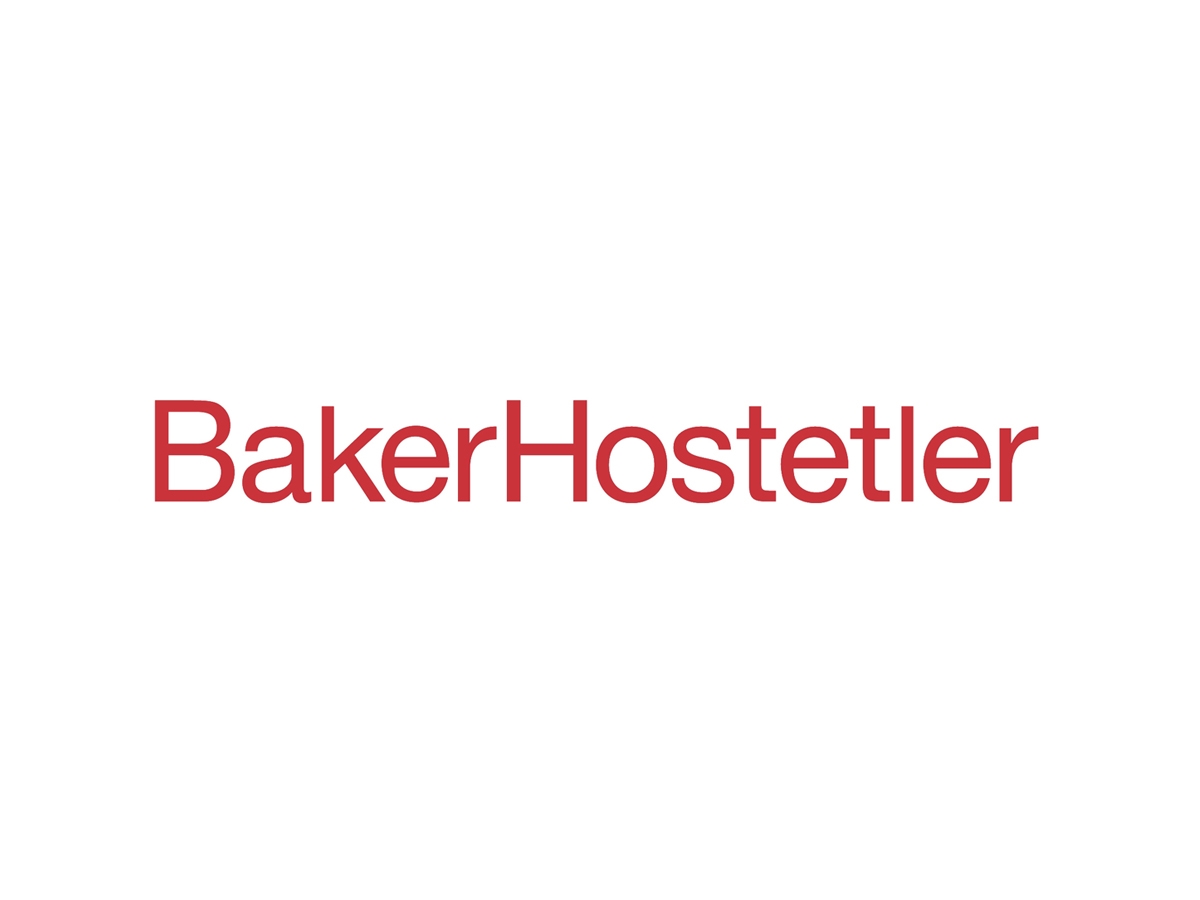CAFC Reverses Dismissal of Declaratory Judgment Suit Linked to Amazon’s APEX Program
“Parties who participate in APEX by submitting an Agreement will only be subject to specific personal jurisdiction where they have targeted a forum state by identifying listings for removal that, if removed, affect the marketing, sales, or other activities in that state.” – CAFC opinion
The U.S. Court of Appeals for the Federal Circuit (CAFC) reversed a district court’s decision in Snaprays (dba SnapPower), v. Light Defense Group (LDG) on May 2, finding that Lighting Defense Group (LDG) purposefully directed extra-judicial patent enforcement activities at SnapPower in Utah. The opinion was authored by CAFC Chief Judge Moore.
Based in Delaware, LDG is a limited liability company with its principal place of business in Arizona. The company produces covers for an electrical receptacle including a faceplate and a transmission tab. It is configured to be electrically connected to the receptacle. LDG owns U.S. Patent No. 8,668,347.
The Utah-based SnapPower designs, markets, and sells electrical outlet covers with integrated guide lights, safety lights, motion sensor lights, and USB charging technology. These activities take place in Utah. SnapPower sells its products on Amazon.com.
For companies like SnapPower, Amazon offers a low-cost procedure called the Amazon Patent Evaluation Express (APEX) “[t]o efficiently resolve claims that third-party product listings infringe utility patents.” Under APEX, a third-party determines whether a product sold on Amazon.com likely infringes a utility patent, and if so, Amazon removes the listing from Amazon.com. To initiate an evaluation under APEX, a patent owner submits an APEX Agreement to Amazon, which identifies one claim of a patent and up to 20 allegedly infringing listings. Amazon then sends the APEX Agreement to all identified sellers. Each seller has three options to avoid automatic removal of their accused listings:
(1) opt into the APEX program and proceed with the third-party evaluation
(2) resolve the claim directly with the patent owner
(3) file a lawsuit for declaratory judgment of noninfringement.
If the seller takes no action in response to the APEX Agreement, the accused listings are removed from Amazon.com after three weeks.
The district court ultimately found that SnapPower did not demonstrate LDG purposefully directed activities at SnapPower in Utah, or that the action arose out of or related to any LDG activities in Utah and therefore found it did not have specific personal jurisdiction over LDG
Instead, the district court found LDG’s allegations of infringement were directed toward Amazon in Washington, where the APEX Agreement was sent.
Since both parties agreed there was no general jurisdiction over LDG, the Federal Circuit used a three-factor test for whether specific personal jurisdiction comports with due process:
“(1) whether the defendant ‘purposefully directed’ its activities at residents of the forum.
(2) whether the claim ‘arises out of or relates to’ the defendant’s activities with the forum.
(3) whether assertion of personal jurisdiction is ‘reasonable and fair.’”
SnapPower argued that LDG purposefully directed enforcement activities at Utah when it initiated the APEX program. The court agreed with SnapPower, adding that LDG did so with the intention that the effects be felt in there. The court concluded this satisfies the first element of the test for specific personal jurisdiction. LDG intentionally submitted the APEX Agreement to Amazon. The APEX Agreement identified SnapPower listings as allegedly infringing. Because of the terms of APEX, LDG knew that Amazon would notify SnapPower of the APEX Agreement and provide the options available to it under APEX. If SnapPower took no action, its listings would be removed, which would necessarily affect sales and activities in Utah. SnapPower therefore sufficiently alleged LDG “undertook intentional actions that were expressly aimed at th[e] forum state,” and “foresaw (or knew) the effects of its action would be felt in the forum state,” said the CAFC, thereby satisfying the first factor.
As to the second factor, since the CAFC found LDG’s action of submitting the APEX Agreement was directed toward SnapPower in Utah, it also found the claim “arose out of activities within the forum,” satisfying that factor.
LDG finally argued that “ruling for SnapPower in this matter opens the floodgates of personal jurisdiction and allow lawsuits against any APEX participant anywhere in the country” and said that a finding of personal jurisdiction would be unfair and unreasonable. The district court agreed with LDG, but the CAFC did not. The opinion explained:
“Parties who participate in APEX by submitting an Agreement will only be subject to specific personal jurisdiction where they have targeted a forum state by identifying listings for removal that, if removed, affect the marketing, sales, or other activities in that state. LDG has not presented any compelling argument for why this result is unreasonable.”
The CAFC addressed the district court’s reliance on Red Wing Shoe Co. v. Hockerson-Halberstadt, Inc., which held that “principles of fair play and substantial justice protected a patentee from being subject to specific personal jurisdiction in a forum where the only contact with the forum is sending a cease and desist letter.” Here, said the CAFC, LDG did more than that. “LDG initiated a process that, if SnapPower took no action, would result in SnapPower’s listings being removed from Amazon.com, necessarily affecting sales activities in Utah,” wrote the court.
The CAFC thus reversed the district court and remanded for further consideration.






